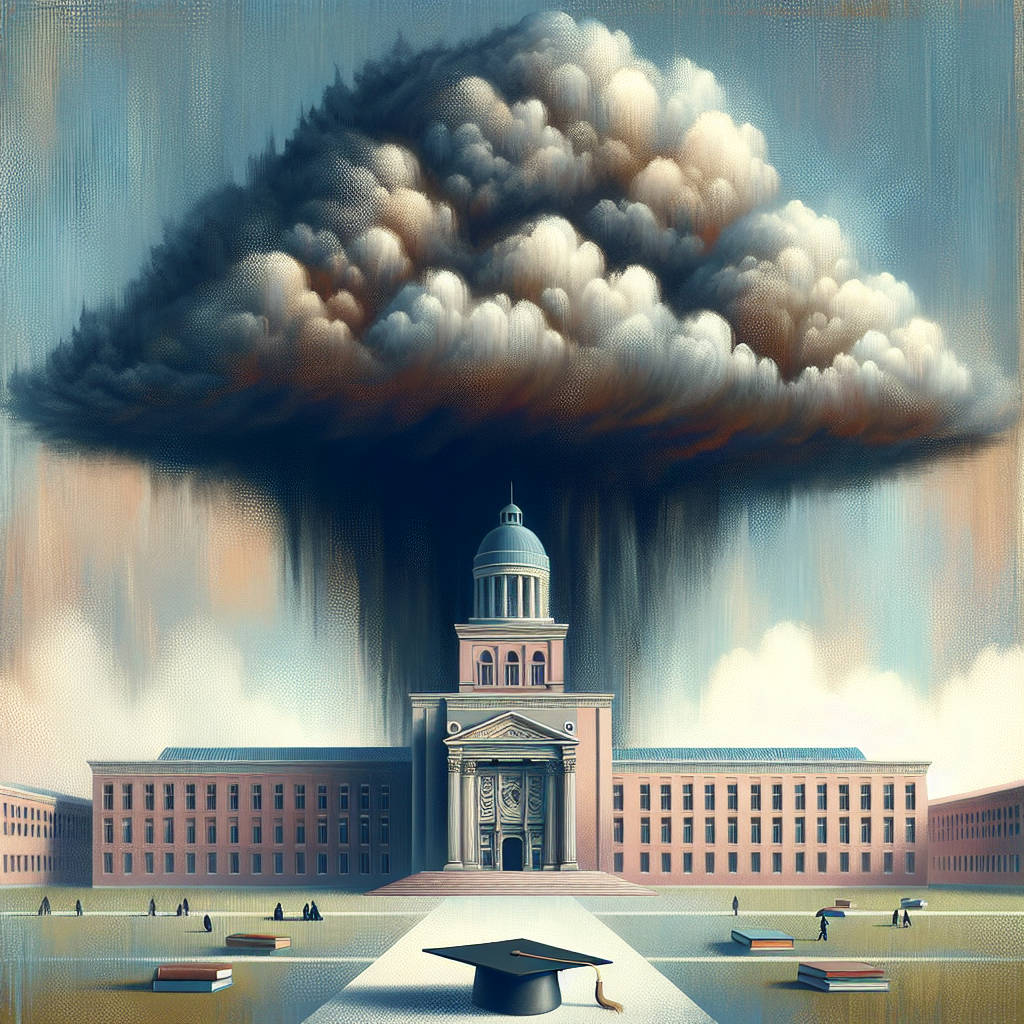“US Universities Warn of Political Threats to Higher Education”
US Universities Warn of Political Threats to Higher Education
Introduction
Amidst growing political tensions, US universities are raising alarms about potential threats to the integrity and autonomy of higher education. These concerns are rooted in recent legislative actions and political rhetoric that could significantly impact academic freedom and institutional governance.
Key Concerns
- Legislative Interference: Universities are facing increased scrutiny and potential interference from state legislatures, which could undermine their ability to operate independently.
- Academic Freedom: There is a growing fear that political pressures may lead to restrictions on academic research and discourse, stifling innovation and critical thinking.
- Funding Challenges: Political dynamics are influencing funding decisions, potentially leading to budget cuts and affecting the quality of education and research.
Impact on Students and Faculty
The political climate is not only affecting institutional policies but also the experiences of students and faculty. Concerns include:
- Curriculum Changes: Political agendas may drive changes in curricula, affecting the breadth and depth of education offered.
- Research Limitations: Faculty members may face restrictions on research topics, limiting academic exploration and discovery.
- Campus Climate: The political environment could create a divisive atmosphere on campuses, impacting student engagement and inclusivity.
University Responses
In response to these challenges, universities are taking proactive measures to safeguard their autonomy and uphold academic standards:
- Advocacy Efforts: Institutions are engaging in advocacy to protect their interests and promote the value of higher education.
- Policy Development: Universities are developing policies to ensure academic freedom and institutional integrity are maintained.
- Community Engagement: Efforts are being made to foster dialogue and collaboration among students, faculty, and policymakers.
Conclusion
As political pressures mount, US universities are navigating a complex landscape to preserve the core values of higher education. By advocating for academic freedom, securing funding, and fostering inclusive environments, these institutions aim to continue providing quality education and contributing to societal progress. The ongoing dialogue between universities and policymakers will be crucial in shaping the future of higher education in the United States.




































